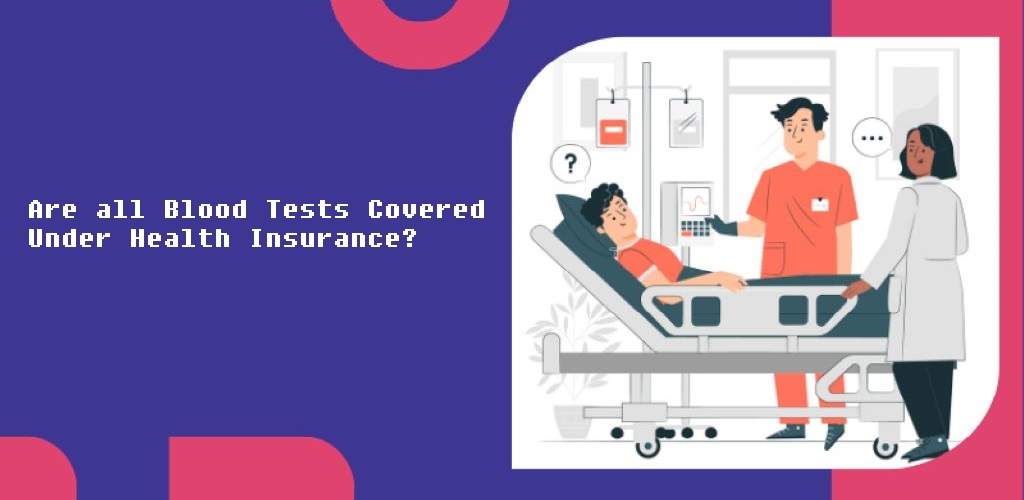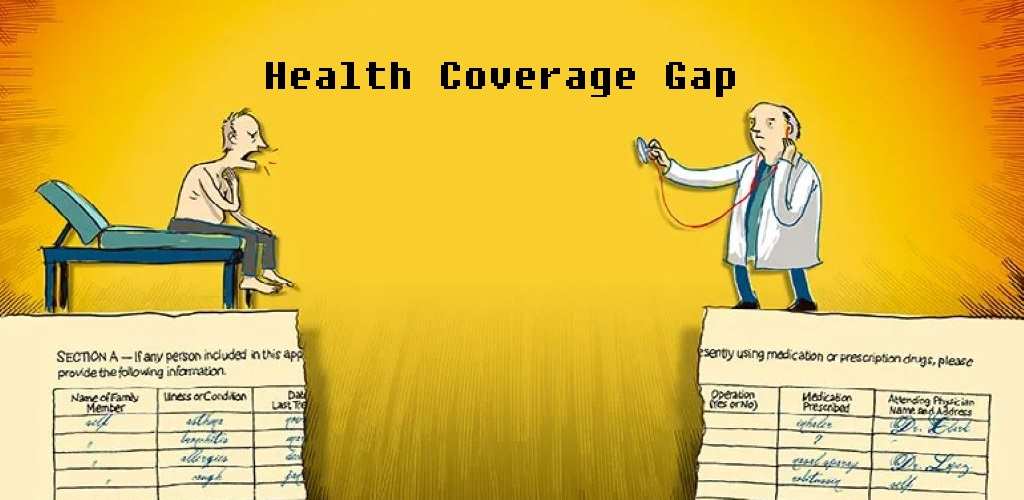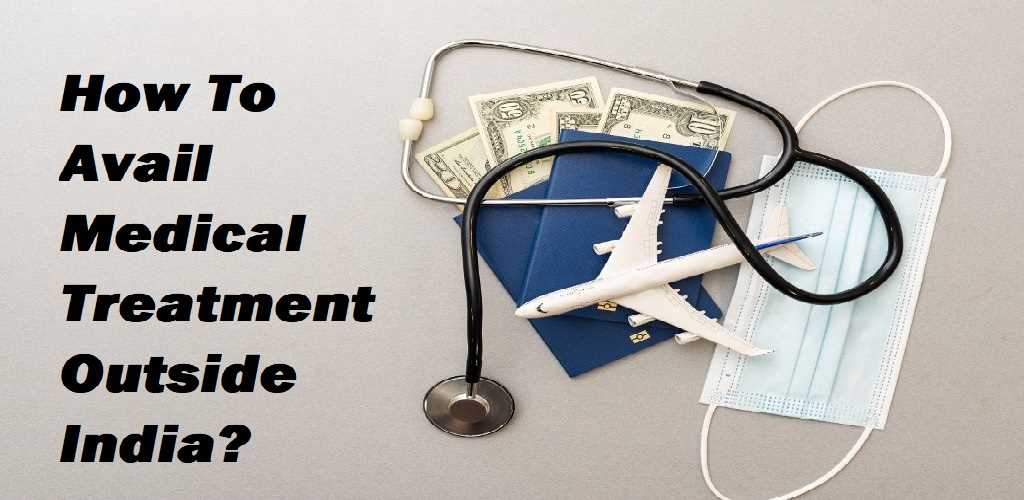Imagine.
You just reached your office and suddenly, you’ve got a call from home, saying your brother or father or any dear one got hospitalized! Though unpleasant, it is a difficult and inescapable aspect of life. If you have insurance, you can take a deep breath, but if not, get ready for a financial disaster.
To make the most of your policy, you must, however, be conversant with important words related to insurance, such as TPA.
Before moving into the more difficult phases, it is crucial to become familiar with the notion and understand its purpose. To make an informed choice, it is crucial to be aware of it.
What is TPA? What Do They Do?
A health insurance Third-Party administrator, or TPA, is a company authorized to assist and support the insurer with all of their administrative duties. health protection TPA is a separate, independent entity from the insurance provider. The Insurance Regulatory and Development Authority of India (IRDAI) has also permitted these organizations to act on behalf of insurance companies. It resembles an extension of the insurance provider.
These TPAs are chosen to ensure that policyholders receive the level of service they have contracted for and to lessen the administrative load placed on insurance providers. TPAs are typically in charge of handling tasks related to processing a lot of insurance claims. For this study, we’ll examine TPAs’ function in the health insurance industry.
TPAs consist of professionals from diverse backgrounds:
- Medical professionals
- Legal persons
- Customer service executives
- Insurance consultants
- IT professionals
- In-house management, and other members
Core Functions of a TPA
Here is the list of the functions performed by a TPA. Let’s talk about them in detail!
- Efficient Claim Processing and Settlement:
TPAs are chosen to speed up the claims-filing procedure. They have the responsibility of double-checking information and papers. The TPA must also get records from the hospital in the event of a cashless settlement. If it is a reimbursement, the TPA must request the necessary paperwork from the policyholder.
- Consistent Assistance
Many TPAs offer round-the-clock support. It is crucial to remember that they are there to make the policyholder’s settlement procedure simple and are frequently on hand in case of any questions. This assistance is available by phone call and even by application.
- Hospital Empanelment:
Health insurance TPAs also have the power to assemble a list of registered network hospitals, keep tabs on how those hospitals are performing, and add new hospitals to the list. Among other things like brand recognition and client contentment, they examine the potential network hospital’s track record and confirm its service quality. The hospitals are successfully added to the hospital network list provided they pass the verification process. The way Third Party Administrators handle this rostering, which is an ongoing and dynamic process, is incredible.
- Cashless Claim Facility:
The policyholder receives assistance from a third-party administrator while claiming through cashless health insurance. When you give the hospital the necessary paperwork, it sends the information to your health insurance TPA. The TPA handles any additional issues about medical services offered by the hospital. You should be aware that to use a cashless facility, you must receive care from one of the hospitals in the network that is listed in your insurance policy. Although it is a useful feature, the insured must decide where to receive their care.
- Issue the Health Cards to the Insured
Every policy that is given to the policyholder is subject to a validation process. A valid health card is issued to achieve this. This card contains information on the policy number and the TPA in charge of handling claims.
The insured can provide this card at the time of hospital admission and notify the insurer or TPA of the claim’s occurrence. It is one of the crucial records required for processing claims.
What Is Difference Between a TPA & An Insurance Company?
Most people have a rudimentary understanding of how health insurance policies operate.
The insurance company sells protection against medical bills. The risk of claims that are greater than the premiums paid is assumed by the insurer in exchange for insurance payments. The insurer normally doesn’t reimburse premiums if actual claim expenses are less than those that were paid in premiums.
When it comes to group health insurance, the insurer in charge of the fully-insured health plan manages several administrative responsibilities, including processing claims and adhering to ERISA regulations.
A TPA offers claim administration services in place of insurance to support a self-funded health plan. TPAs might also assist in organizing reporting from external vendors. A third-party administrator, unlike an insurer, doesn’t assume any liability for claims and doesn’t offer insurance or health benefits.
In a self-funded health plan, the business covers actual healthcare expenses incurred by employees through a fund, a strategy that may allow for cost savings, while the TPA supports claims adjudication and other administrative duties.
How TPA can Ensure Smooth Claim Settlement Process?
A TPA serves as a go-between for the insurance provider and the policyholder. Their responsibility is to streamline the health insurance claim process. As far as we are aware, claims can be classified as either reimbursement or cashless.
- The policyholder goes to the hospital as soon as they need medical attention or an emergency situation arises. A claim is admissible if the person is required to stay in the hospital for at least 24 hours.
- In this situation, the policyholder will inform the TPA or the insurer of the admission and the necessity for the necessary treatment.
- If possible, the TPA will then request that the hospital set up a cashless facility. If not, the claim will be handled for payment.
- If cashless payment is accepted, the hospital will submit all bills to the TPA when the treatment is finished. If not, the policyholder will need to complete the paperwork at a later time.
- Before allowing the settlement of the claim, the TPA’s authorities will examine the bills and other documentation. In a cashless transaction, the hospital will receive the payment. But for reimbursement, the policyholder will pay the costs through the insurance provider.
Things that You Should Know About TPA
The following are the things you should know about TPA.
- Only health insurance providers in the public sector may use the third-party administrator.
- You can rely on the internal claim processing division of any private insurance company if you have a policy with them.
- TPA is solely obligated to assist you with the claim settlement process.
- For the final compensation, they are reliant on the insurance provider. Therefore, they are not accountable for your claim’s approval or denial. You are not directly charged by TPA. They receive a set portion of the claim amount from the insurance companies.
- You must notify your insurer and provide a good reason for any elimination or change of your TPA.
- Only health insurance offers third-party administrators; no other type, such as life insurance or car insurance, does.
Frequently Asked Questions
Here is the list of the frequently asked questions related to TPAs.
Each TPA differs from the next. It’s important to evaluate and align with a TPA fit for an organization’s needs because services provided, areas of specialization, and fees can differ. To identify a TPA that “fits” the culture and expectations of a business, it is also important to consider their degree of customer service and their readiness to engage in engaged management.
The TPA issues the insured a Unique Identification Number, which aids in the settlement of claims.
No, the policyholder is not required to pay TPA any money.








